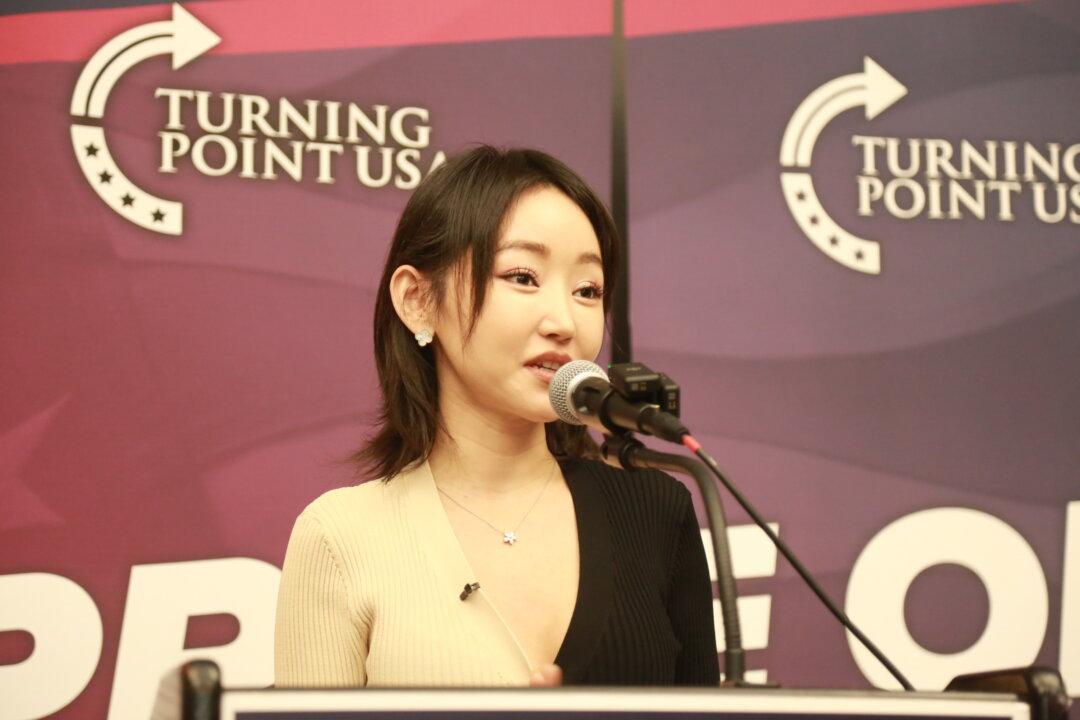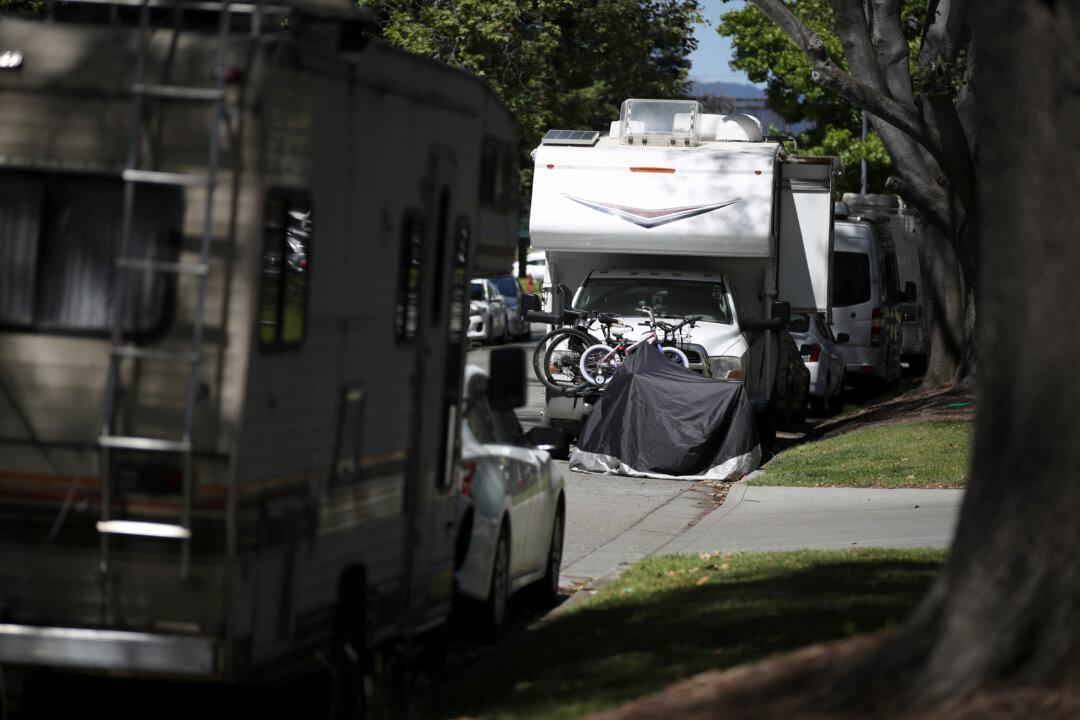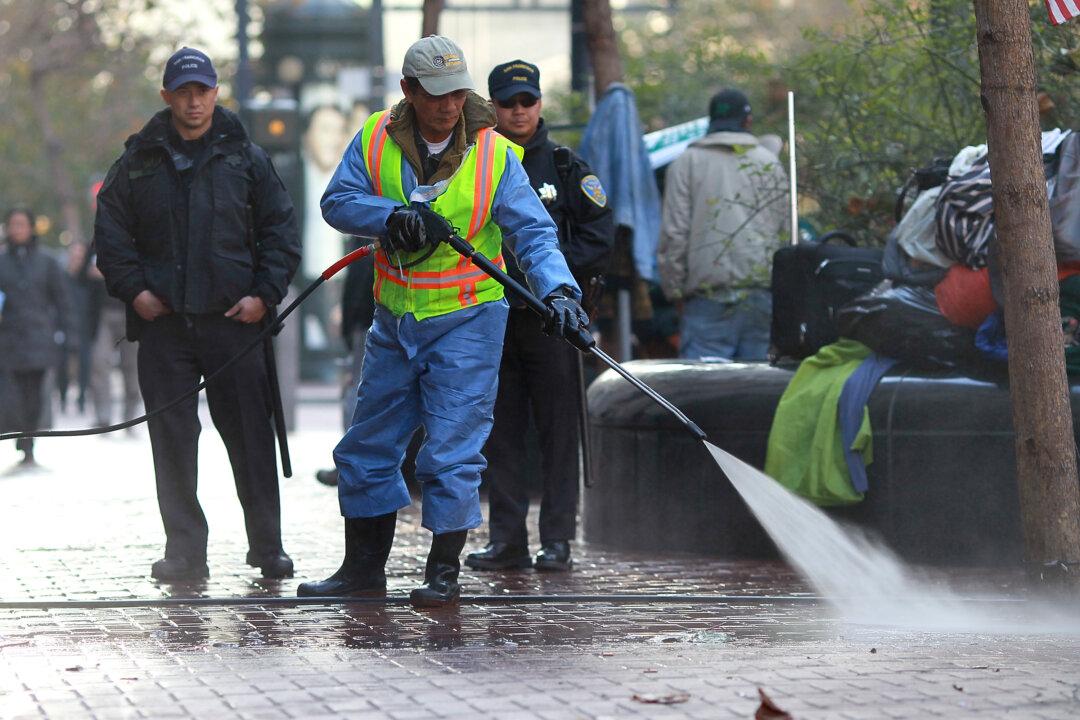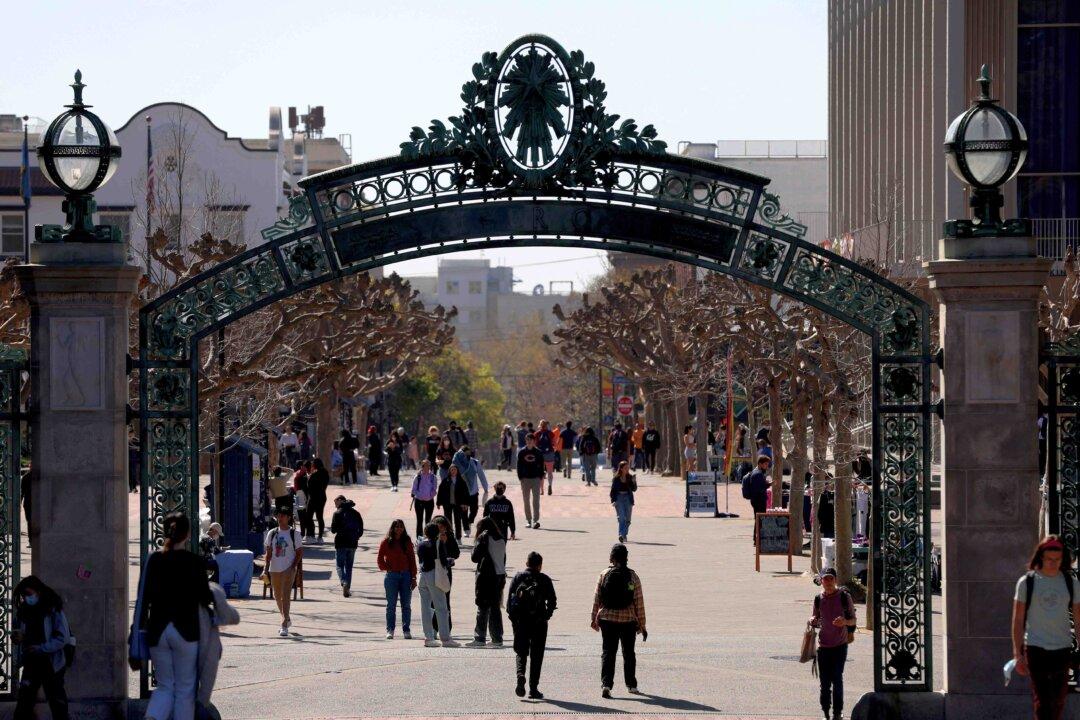North Korean defector Yeonmi Park shared her experience living in and escaping North Korea at a Turning Point USA event at UC–Berkeley on Dec. 5.
The activist escaped from the People’s Republic of Korea at just 13 years old and eventually moved to the United States, where she said she’s noticed some Americans taking for granted the freedoms they have and spreading propaganda comparable to that in North Korea.





